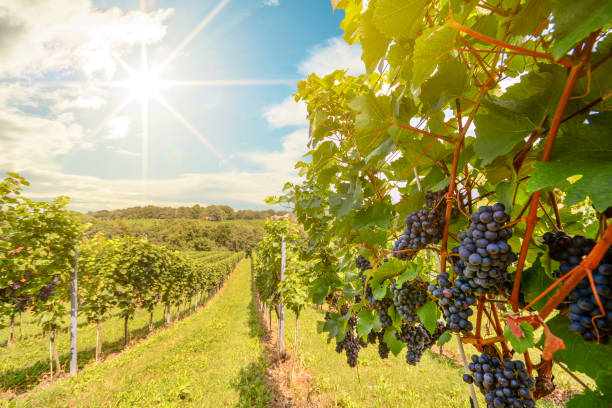
Livestock
The term ‘viticulture’ specifically refers to the study, science, and cultivation of grapes. However, in the realm of wine, viticulture is more than just grape farming; it’s the foundation upon which the entire wine industry stands.
While grape variety determines the general flavor of a wine, how grapes are grown has the greatest impact on their character and quality. This involves a series of decisions and vineyard practices that directly influence a wine’s character, flavor, and potential for aging long before the grapes ever reach the cellar.
So at its core, viticulture is about nurturing vineyards and grapevines to ensure they thrive under any condition and produce the best possible fruit for winemaking.
- Provides honey, which is the most valuable nutritional food
- Provides bee wax which is used in many industries, including cosmetics industries, polishing industries, pharmaceutical industries, etc.
- Plays an excellent role in pollination.
